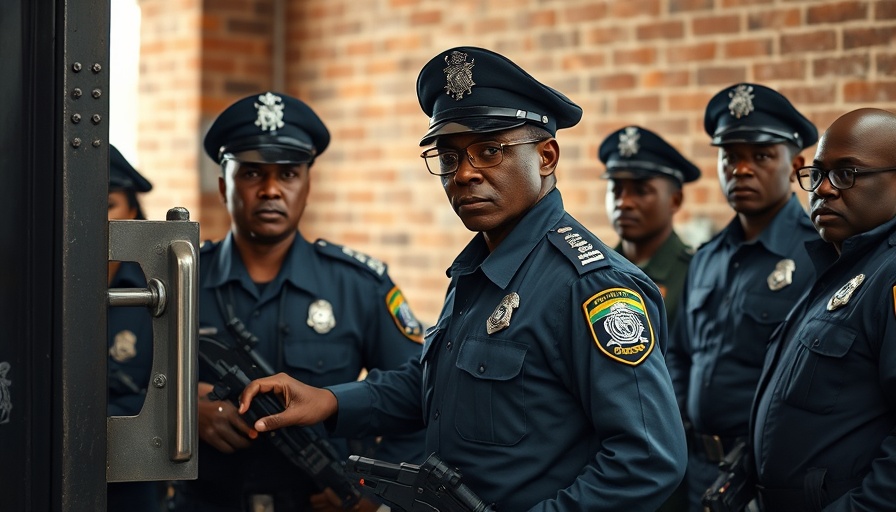
Echoes of Apartheid: Torture in Modern South Africa
In a startling revelation, reports indicate that the tortured past of South Africa continues to haunt its present. Despite the significant progress made since the end of apartheid, the country's police forces have been linked to brutal interrogation tactics reminiscent of the oppressive regime they once fought against. The use of "tubing," an interrogation method that involves suffocation, is a haunting reminder of the past that contradicts the new democratic values the nation sought to establish.
The Legacy of Tubing: A Historical Overview
Tubing, historically used by South African law enforcement during apartheid, is not just a relic of the cruel practices of the past; it's an ongoing issue. The statistics are alarming. An analysis by The New York Times reveals that between 2012 and 2023, complaints about police using tubing have averaged three per week. This practice undermines the very foundation of South Africa's post-apartheid constitution, which explicitly prohibits torture and inhumane treatment.
Police Brutality: A Present-Day Challenge
South Africa struggles with high crime rates, leading to extreme measures adopted by the police to control violence and criminal activity. Yet, these measures often cross the line into human rights violations. The enduring practice of the very torture methods that were supposed to be left behind under the weight of the law raises critical questions about accountability within the police force and governance. Nelson Mandela's vision of a just society is in stark opposition to the current reality faced by many ordinary South Africans.
Community Impact: Fear and Distrust Persist
The psychological scars left by police brutality extend beyond the immediate victims; entire communities grapple with fear and distrust towards law enforcement agencies. While the government initially assured South Africans that such inhumane treatment would not prevail again, the data paints a different story, echoing the sentiments of many citizens who experienced trauma during apartheid. Khulu Mbatha, a member of the ANC, underscores the shocking reality that these practices continue to reemerge, eroding public trust in law enforcement.
Diversifying Perspectives: Voices from the Ground
It's essential to explore diverse perspectives on this issue. Some argue that the police are under immense pressure to combat crime, which sometimes leads to a justification for using brutality as a tactic. However, others maintain that the path of violence only perpetuates more violence. The new police administration must strike a balance between maintaining public safety and upholding the rights and dignity of all individuals.
Future Outlook: Promises Broken?
What does the future hold for South African policing? As society calls for reforms and accountability, there's a critical opportunity for transformation. Prominent voices advocate for comprehensive training and clear guidelines on interrogation methods to ensure adherence to constitutional principles. For South Africa to move forward, it must confront its haunting past head-on and break free from the cycle of violence.
Call to Action: Engaging for Change
The ongoing issue of police brutality is not just a South African problem; it resonates globally. As citizens, we can engage in discourse about police reform and support organizations aiming to hold authorities accountable. Advocating for human rights and promoting transparency can help forge a future that genuinely respects the rights of all. Each of us has a role in demanding change, whether through activism, community engagement, or raising awareness.
Conclusion: An Unfinished Journey
While South Africa has made tremendous strides since the end of apartheid, the resurrection of brutal interrogation tactics like tubing reminds us that the fight for freedom and justice is ongoing. To honor the sacrifices made by those who fought for equality, it is crucial to push for systemic change within law enforcement agencies, ensuring a future where human rights are upheld for everyone.
 Add Row
Add Row  Add
Add 




 Add Row
Add Row  Add
Add 

Write A Comment